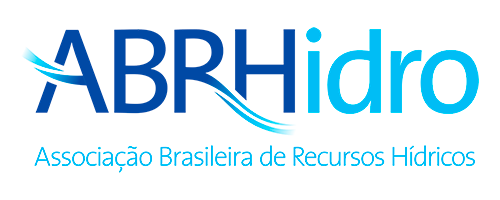ICFM6 - International Conference On Flood Management
Data: 17/09/2014 à 19/09/2014
Local: São Paulo - Brazil
The Issue of Quality of Stormwater: Analysis of Diffuse Loads in Brasilia, Distrito Federal, Brazil (PAP014905)
Código
PAP014905
Autores
Maria Elisa Leite Costa, Fernanda Pereira de Souza, Sérgio Koide
Tema
Land use and Floods, landslides and erosion
Resumo
The water quality in water bodies can be affected during rainy seasons due to contribution of stormwater contaminated by diffuse pollutant loads from runoff generated by precipitation events carries the pollutants, accumulated during dry periods. Therefore, it was aimed in this study to evaluate the pollution loads from stormwater in countries like Brazil, where domestic sewage have a separated collection network and stormwater are discharged directly into water bodies without any treatment. Hydrology data (rain and flow) and to water quality data (Suspended Solids, Organic Matter - COD, nutrients - nitrogen and phosphorus) were collected during two rainy seasons (2012 ? 2014) in Brasília, Brazil, with defined rainy and dry seasons, and mean rainfall of about 1500mm (Inmet, 2010). After two years monitoring stormwater in two small urban watershed which discharged in the Paranoá Lake, it was observed that the pollution of urban waters is related to the rainfall intensity, the number of days between their occurrence and spatial distribution and also varying according to the use and occupation of land in the urban watershed, which vary significantly, even in small areas. Highest loads were observed during the more intense events, reaching, levels in the range of the existing wastewater treatment plant loads like in the extreme event of November 2012 in which the loads reached values of 31.44kg/day/ha of SS, 36.89kg/day/ha of COD and 3kg/day/ha of nutrients. It can be noted that the problems and inconveniences caused by the floods goes beyond the level of the water or flooding, because their final destination pollute the water resources of the cities. Thus, in places where these loads are significant like in the studied area is important to adopt sustainable techniques in order to reduce diffuse pollution and the effects of urbanization on the hydrological processes and water quality.

